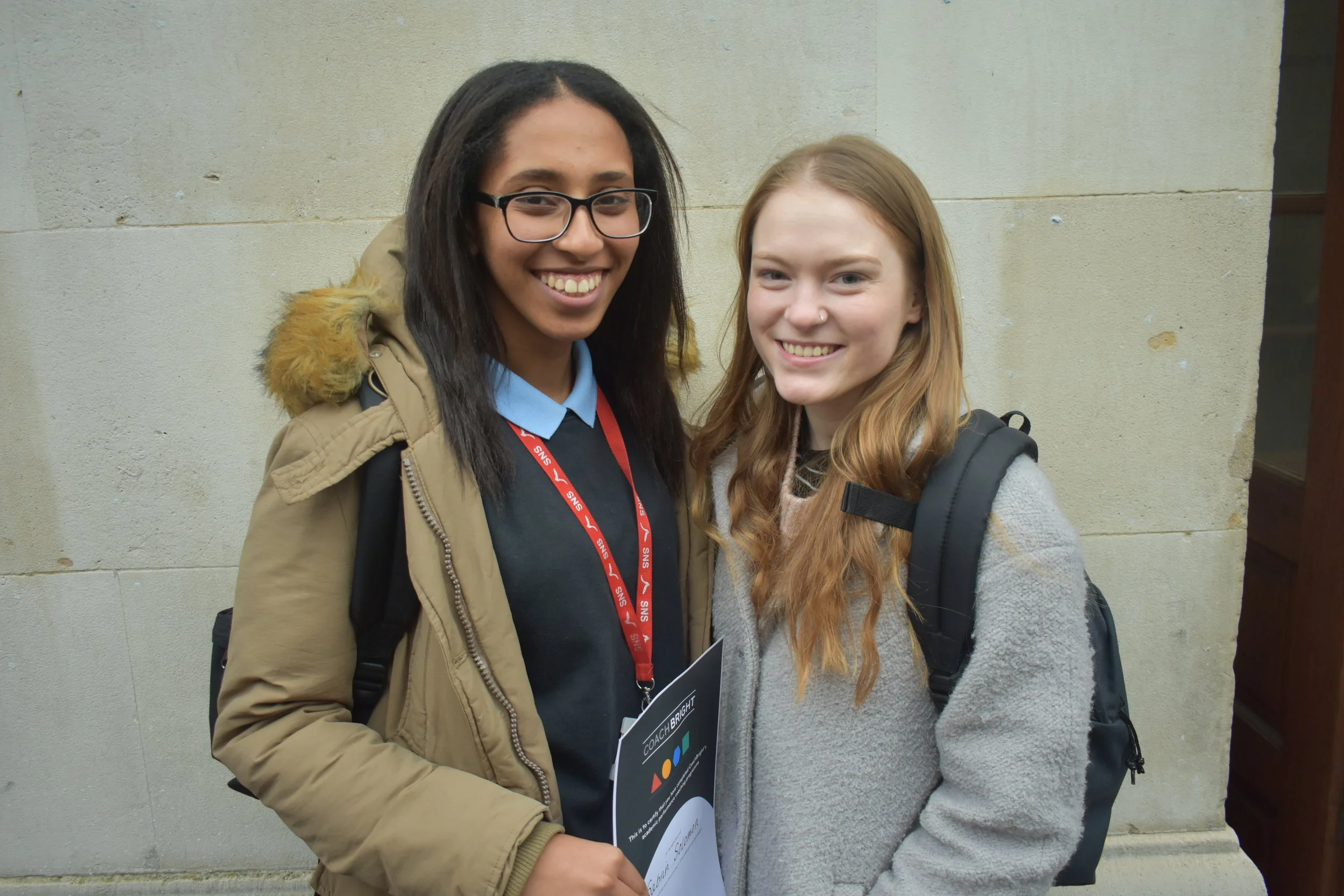I have been an academic coach at West Walsall E-ACT Academy working with GCSE students between October and December, and more recently year 13 students between February and March. I hope to commence my training to be a geography teacher in the coming September, and as part of the application process I have been asked to give a presentation on why the following statement holds true in 21st century Britain:
At the end of Primary school, pupils for disadvantaged backgrounds are 9.5 months behind their non-disadvantaged peers. By the end of secondary school, the gap in attainment more than doubles to a gap of 19.2 months [1].
Currently government policies and the media increasingly target the quality of schools for the attainment gap in students, often focusing on the achievement of those at GCSE and A-level age. However, these reports often fail to acknowledge that only 14% of variability in attainment is directly due to the quality of a child’s education with the vast majority resulting from social disadvantage [2].
Like most contemporary reports, this post defines a disadvantaged child as one who is known to have been able to access free school meals within the last 6 years [1]. The financial situation of students often propagates into further difficulties within a child’s life including; engagement in school, confidence and access to opportunities which their advantaged peers may receive.
Although the ratio of advantaged to disadvantaged children in the British education system is relatively small, it is imperative for the reasons behind the attainment gap to be understood so that future policies can be influenced by these. Currently only ¼ of disadvantaged adolescents receive 5 good GCSEs at the end of year 11 [2]. Along with this, paid jobs often require a higher level of education (for example a degree), and so many of these students will follow their parents’ footsteps in minimum wage employment or receiving benefits. This extrapolates the percentage of the population who are disadvantaged.
Over the past 6 months, I have an academic coach at the social mobility enterprise CoachBright, an organisation which works with disadvantaged 10-30-year olds in Birmingham, London, Wiltshire and Exeter. I have personally observed an increase in attainment with the students that I have worked with, with the programme seeing an improvement 4.4 times larger than their peers who did not participate, likely as a result of 82.2% of students implementing a higher standard to their school work [2]. It is fundamental that young people are given the space and support to grow through programmes like CoachBright, as children thrive in conditions where the sole focus is on their development.
It has been shown that behavioural and emotional problems experienced in children between 6 and 8 significantly diminishes the probability of a child achieving high grades in school and enrolling at university [4]. Whilst it is in early childhood where interventions (similar to that of CoachBright’s primary school programme) to mitigate disadvantages are most successful [4], I believe that no child should be denied the opportunity to experience activities which appear to be standard for their advantaged peers.
Outside of school activities can help to improve self-belief [2], therefore I believe that all children should be able to access free sports groups through school, and perhaps more importantly, participate in charity work. This enables students of all backgrounds to gain an appreciation for their wider community and develop confidence within a group using creative outlets, which can be applied to their academic career. This is fundamental in improving self-confidence, as often students have a poor attitude towards learning not because they see education as pointless but because they are not nurtured in the classroom.
Furthermore, Kiernan and Mensah (2011) have shown that disadvantaged families who experience positive parenting were more likely to be successful in school [4]. In order to extend this into the child’s school experience, it is important for teachers to discuss with a student who was misbehaving why their behaviour was inappropriate rather than just disciplining them through the school’s protocol. This is because studies have shown that those who feel that they have been let down by authority figures need to have these feelings addressed before they are able to re-engage with the curriculum [2]. Not only this but education should be a shared enterprise between, parents, students and their teachers. As many parents in poverty are unable to provide the resources to help their child’s education [2], it is important for a conversation to be opened between schools and parents to allow for the provision of revision materials of pens, pencils and other necessary revision materials to be worked towards.
In conclusion, if all teachers were to take on the belief that no child should be disregarded, the gap in attainment between disadvantaged children and their advantaged peers would be significantly reduced.
—
[1] The Education Endowment Foundation (2018:2)
[2] https://www.jrf.org.uk/report/experiences-poverty-and-educational-disadvantage
[3] http://www.coachbright.org/school
[4] https://link.springer.com/article/10.1007/s13524-017-0554-6
Blog Post by Shannon Addy, Coach on our West Walsall Programme in Birmingham









We’re not talking about learning to win cash prizes from the postcode lottery you see advertised on TV. This is about the education of future generations.
Daniel Griffin gives us the low-down on how the education system can combat inequality arising from the ‘postcode lottery’.